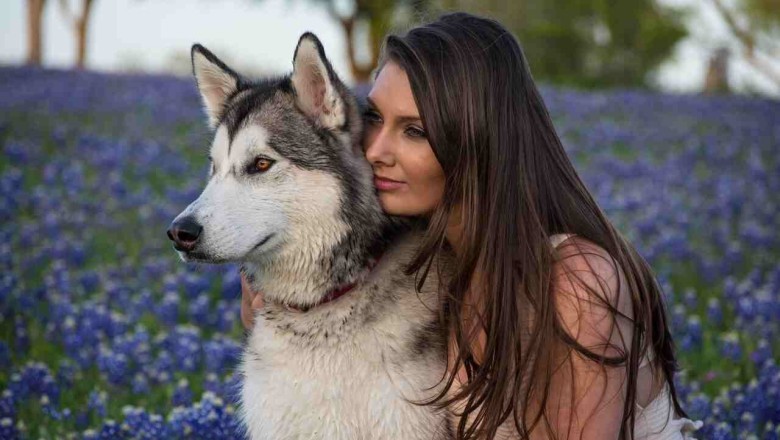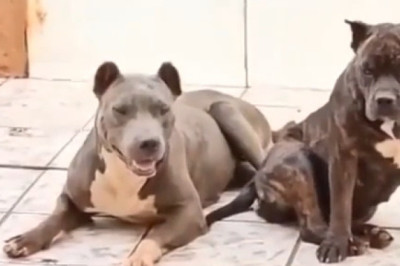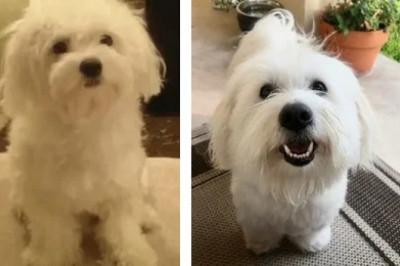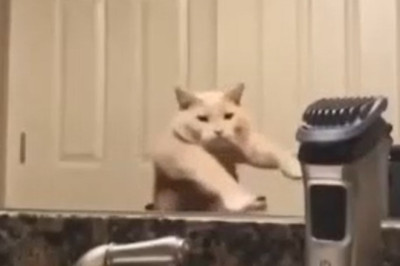Unveiling Pet Parent Profiles: A Deep Dive into Modern Pet Ownership Trends
Introduction
In an era marked by advancements in veterinary science and a wide range of products catering to the needs of dogs and cats, a new breed of pet owner has emerged. The landscape of pet ownership is evolving, with pet parents increasingly seeking to enhance the quality of life, comfort, and well-being of their furry companions. The recently conducted Radar Pet 2023 survey by the Companion Animal Commission (Comac) of the National Union of Animal Health Product Industries (Sindan) sheds light on these shifting dynamics, classifying pet owners into distinct categories. The study identifies the dominant emergence of Emotional Pet Lovers, constituting 32%, and Rational Pet Lovers, comprising 23%.
The Rise of Emotional Pet Lovers
This novel category of pet owners, referred to as Emotional Pet Lovers, signifies a paradigm shift in the way people view their pets. These individuals consider their pets legitimate family members and are willing to invest in high-quality care, seeking the most advanced products available in the market to meet their pets' needs. Andrea Castro, Coordinator of Comac, notes that this trend has evolved in response to the growing interest in providing a higher quality of life and longevity for pets, blending essential care with preventative measures.
Emotional Pet Lovers are predominantly women under the age of 39, including singles, widows, divorced individuals, and those without children, typically falling into the AB1 social class. Members of the LGBTQIA+ community are also prevalent in this category. Geographically, this type of pet parent is found in the Southeast region and resides in both houses and apartments.
The Rational Pet Lover Profile
In contrast, Rational Pet Lovers seek a balance between reason and emotion. This group is typically composed of women around 40 years of age, often living alone in apartments. Rational Pet Lovers predominantly belong to the AB social class and are distributed across all regions of the country.
Factors Influencing the Shift
Several factors have contributed to this behavioral shift in pet ownership. Significant advances in medicine and the veterinary industry, lifestyle changes, continuous growth, and the sophistication of the pet healthcare ecosystem have played pivotal roles. The configuration of new households during the Covid-19 pandemic also played a part, as the period witnessed an increase in the number of single, widowed, or separated pet owners, strengthening the emotional bond between individuals and their pets.
In 2023, 29% of people consider their dogs as true family members, compared to 25% in 2019. Regarding cats, 25% of people now share this familial connection, compared to 21% in 2019. These figures reflect the predominance of Emotional Pet Lovers in 2023.
Other Pet Owner Profiles
Beyond Emotional and Rational Pet Lovers, the study identifies two additional categories:
-
Detached Pet Owners (Desapegados)
- Maintain a weaker emotional bond with their pets.
- Typically men around 50 years old, married with children.
- Belong to the C social class.
- Reside in houses in the Central-West and North regions of the country.
-
Pet Friends (Amigos do Pet)
- Primarily women aged 30 to 59, married with children.
- Belong to the C social class.
- Reside in the Southeast and Central-West regions.
- Share a strong bond with their dogs and cats, considering them part of the family despite limited time for attention due to daily activities.
The survey reveals a decrease in the percentage of Detached Pet Owners from 21% in 2019 to 18% in 2023, signifying a strengthening of emotional ties between owners and their pets, according to Andrea.
Additional Insights
Over the past decade, pet owners have shifted their focus from basic care to preventative measures, with rates of preventive consultations rising from 15% for dogs and 10% for cats in the past to 30% for dogs and 21% for cats in 2023. Owners now pay attention not only to their pets' basic needs but also to their overall quality of life and longevity.
With the constant evolution and sophistication of services, dogs and cats are becoming increasingly integrated into daily life. According to the Radar Pet 2023 survey, they are now present in various settings, including shopping malls, hotels, restaurants, sports activities, daycares, and even airplane travel. This reflects the growing trend among pet owners to provide a superior quality of life for their animal companions, who are now sharing spaces traditionally reserved for humans.
Conclusion
The landscape of pet ownership is undergoing a transformation, driven by the emergence of distinct pet parent profiles. Emotional Pet Lovers, in particular, embody a new era in which pets are considered integral family members. As the lines between reason and emotion blur, pet owners are seeking to enhance the well-being of their furry companions through advanced care and a commitment to their pets' emotional and physical health. This evolving dynamic not only shapes the way we care for our pets but also reflects broader societal changes, emphasizing the importance of the human-animal bond in the contemporary world.





















Comments
0 comment